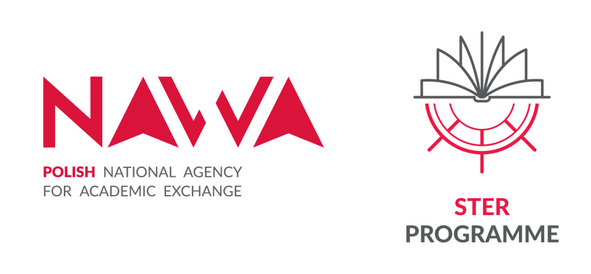Duration of the programme: 4 years (8 semesters)
Medium of instruction: English
Programme description:
The programme is aimed at training of the doctoral students in innovative and novel techniques, methodologies, implementations in Experimental and Theoretical physics, Atomic and Molecular Physics and Optics and related fields of knowledge. The programme includes obligatory and facultative courses which highlight the traditional methods and modern advances in physics, and also lectures by visiting professors from various fields, who will spread their knowledge of their respective research areas. The most important topics covered by the programme are: Experimental and Theoretical Physics (including quantum information theory, special functions applications , applied acoustics, organic photovoltaic cell physics and electromagnetic field propagation through plasmonic nano-systems) and Atomic and Molecular Physics and Optics (including low- and intermediate energy electron interactions with molecules , computational methods in atomic physics, relativistic effects in atoms, photophysics of light-harvesting molecular systems and supramolecular photocatalysts for hydrogen generation, photophysical and photoelectric properties of organic materials and organic photovoltaic cells, experimental polarimetric studies).
The programme provides the doctoral students with the high-level background in the fields of theoretical and experimental physics, ranging through a wide plethora of industries, enables them to develop their own ideas and concepts and gives skills to work in a team.
Career opportunities:
The graduates have the knowledge and skills in the fields in Experimental and Theoretical physics, Atomic and Molecular Physics and Optics and related fields of knowledge. The graduates of the PhD programme will be qualified either to enter an industry as unit leaders or to continue their research in academia as experts in Experimental and Theoretical Physics. All graduates will be well prepared to occupy postdoc positions in Poland and abroad.
Key words:
- Experimental physics
- Theoretical physics
- Atomic physics
- Molecular physics
- Quantum theory
- Optics
- Computational methods
- Relativistic effects
- Mathematical physics
Research areas:


